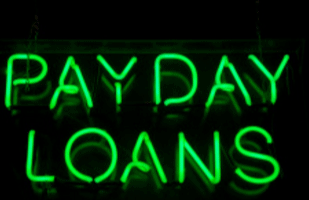
Incomes are not keeping up with the cost of living, especially in health care and education, causing more people to live on the edge. William M. Isaac tells MHProNews in americanbanker the payday lenders provide an essential service, and the Consumer Financial Protection Bureau’s (CFPB) upcoming rules on short-term lending could have unintended consequences for millions of people facing financial emergencies.
The CFPB is proposing lenders do an ability-to-pay assessment because of concern over improperly formulated credit contracts that could lead to the loss of a car, or creation of a cycle of debt.
However, the CFPB may exempt some loans from closer scrutiny if the payment is no more than 5% of gross income. But Isaac points out gross income does not take into account household expenses, other debt or other monthly expenses. He suggests using the Credit Card Act of 2009, whereby lenders have to utilize “reasonable written policies and procedures to consider the consumer’s ability to make the required minimum payments under the terms of the account based on a consumer’s income or assets and a consumer’s current obligations.”
Without access to some form of emergency credit, consumers could lose their cars, jobs and essential services. But noting the advance of big data innovation and machine learning technologies, Isaac is certain that more credit products will be geared toward the nonprime customer market, a demographic that seems to be growing.
In the worst case scenario that might result from payday lenders being driven out of business, MHProNews understands people who cannot obtain legal credit may turn to criminal behavior. ##
(Photo credit: istockphoto)

